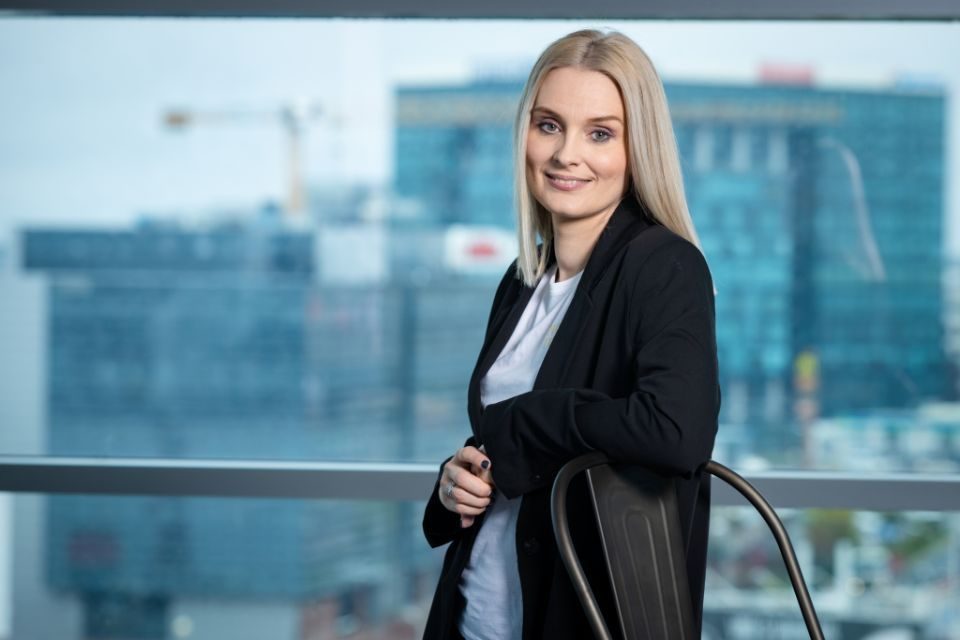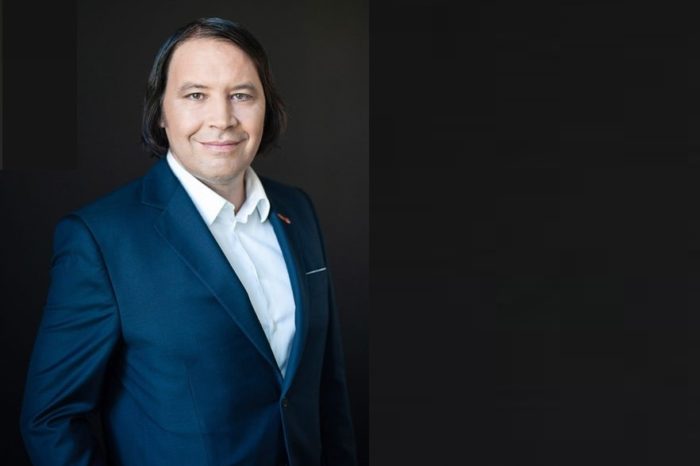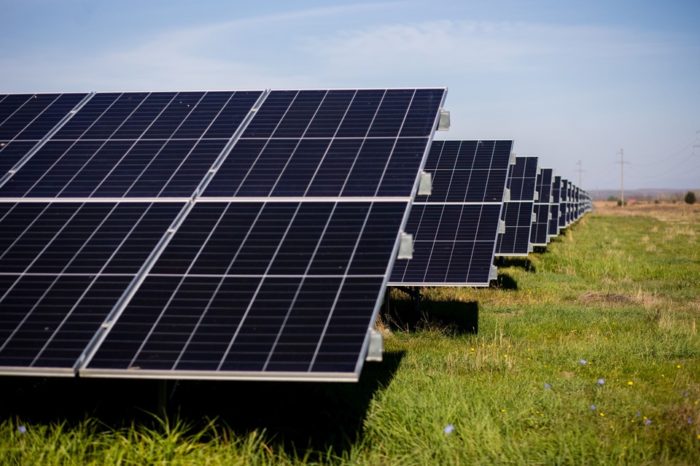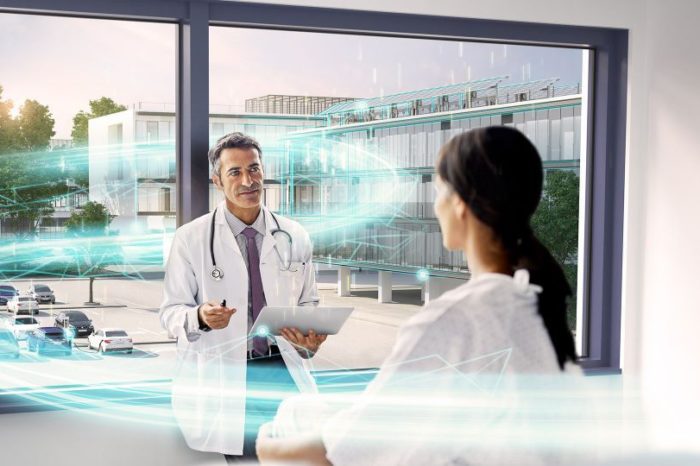Alexandra Barroso, Bergenbier: “Last year, we have reduced the water and energy consumption in our brewery in Ploiesti”

“Each company is a societal player, as we all are. And if each of us are taking small steps towards a climate-neutral approach, we will achieve this goal. It only takes some efforts in the areas of reducing our personal and corporate carbon footprint or reducing energy and water consumptions levels,” Alexandra Barroso, Legal & Corporate Affairs Director, Bergenbier (a Molson Coors Beverage company) told The Diplomat-Bucharest.
“Last year, we have reduced by almost 10% the water consumption and by approximately 5% the energy one, in our brewery in Ploiesti, compared to the assumed targets. Moreover, we have planted over 150.000 trees, in the largest reforesting initiative ever rolled-out by a beer brand.
Why is it important for a company to become sustainable? How are the sustainability aspects approached in your industry?
We believe the events of recent years have crystallized just how important it is for business to act on environmental, social and sustainability issues. More than ever, the world needs a unified approach to these challenges. Being a sustainable company is both an obligation and a commitment. We are committed to be a responsible partner in the society and communities we are active in. All major enterprises are evaluated based on sustainability objectives and the fulfilment levels, each year. Both the business world and the communities are watching more and more carefully how companies promote and run sustainable business and processes, what projects are implemented in the communities or how they are protecting the environment.
Please name and shortly describe a recent sustainable project and initiative run recently in your company (in the past year and so far in 2021) with impact in your industry/ community, etc.
2020 will be remembered as the year of the COVID pandemic. We have implemented projects that allowed our colleagues to donate for the First Line, to support the medical staff and the efforts of the Romanian National Red Cross Society to provide health facilities throughout Romania, for the treatment of COVID-19 patients. The donations were made both by an SMS to 8827 with the text HELP – value 2 euros, and by direct bank transfer to the account of the Romanian Red Cross. The company opened the fund with a substantial donation and other colleagues from the country along with Bergenbier partners joined this initiative, the total amount donated in two months being almost triple. Moreover, in partnership with the Prahova Branch of the Romanian Red Cross, we brought the joy of the Easter Holidays in the community. We supported the purchase and distribution of food packages for vulnerable and elderly people in Ploiesti and Prahova County. 220 families benefited from a package of basic foods, which covered their needs for two weeks.
What is the key to a sustainable and climate-neutral approach?
The key is responsibility. Corporate, but also personal responsibility. Each company is a societal player, as we all are. And if each of us are taking small steps towards a climate-neutral approach, we will achieve this goal. It only takes some efforts in the areas of reducing our personal and corporate carbon footprint or reducing energy and water consumptions levels. I’m happy to see that for us, at Bergenbier, the responsibility is part of our DNA. Last year, we have reduced by almost 10% the water consumption and by approximately 5% the energy one, in our brewery in Ploiesti, compared to the assumed targets. Moreover, we have planted over 150.000 trees, in the largest reforesting initiative ever rolled-out by a beer brand.
At what extent education plays a role in supporting sustainability? Please name an educational initiative run within your company or in your industry towards this goal.
Education is the backbone of a healthy society. It’s our duty to inform and educate about the responsible consumption of alcohol. I feel it’s important to mention that the beer producers are the only alcohol producers so largely involved in education and information campaign about the responsible alcohol consumption or discouraging drinking while driving. Along with external partners, as Bergenbier or within the Romanian Brewers’ association, we have implemented education campaigns aiming to reduce alcohol consumption or “Don’t drink and drive” education campaigns. All these will continue also in 2021, as part of our responsible commitment to the wellbeing of the society.
What partnership with impact in the development of a sustainable project or initiative would you name?
One doesn’t need to invest millions in order to make a change and have an impact. I would like to highlight a project that we have rolled out last Summer, in partnership with ExtravaCANza, during which we have collected aluminium beer cans on the seaside. Over 23.000 cans have been collected and recycled, but more important, we have contributed to keeping our beaches cleaner and encouraged responsible behaviours of beer consumers.
How do you measure your progress toward sustainability? What milestones do you have?
For the last two years, we have published local sustainability reports, in line with our global Molson Coors commitments. We update our sustainability performance on an annual basis. Our approach to sustainability reporting includes Our Imprint Report, which shows progress towards our 2025 goals. We believe that almost everything we do leaves an imprint on our business, on our communities and on our environment. For Molson Coors, it’s Our Imprint, and we’re making sure the impact we have is a positive one. Molson Coors targets, aligned with the SDGs, developed by the United Nations, are designed to guide our efforts towards more focused actions throughout our operations. The targets encourage us to address the challenges that we see in the world, to meet the expectations of our stakeholders and to satisfy the needs of our consumers and build long-term, sustainable value for our business. We are currently three years into our efforts to meet these 2025 targets and we’re excited to see our progress.
Tell us about a recent challenge you faced while working on a sustainability project. How did you overcome it?
In the efforts for encouraging responsible behaviours, we always touch mindsets and old ways of doing thinks. I believe that the most challenging part is convincing people and communities that a change is needed in order to advance and to build a better world, all together. There will be always a human side of change and a certain resistance, but I believe that we will overcome this challenge, as a society.
Which are the DOs and DON’Ts when approaching the sustainability aspects in your business?
I would have just one recommendation: don’t be sustainable because you have to, but because you feel to and trust that it’s the right way.















